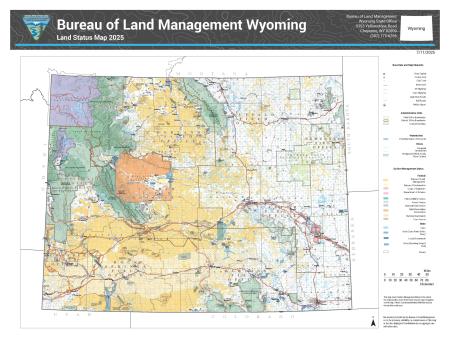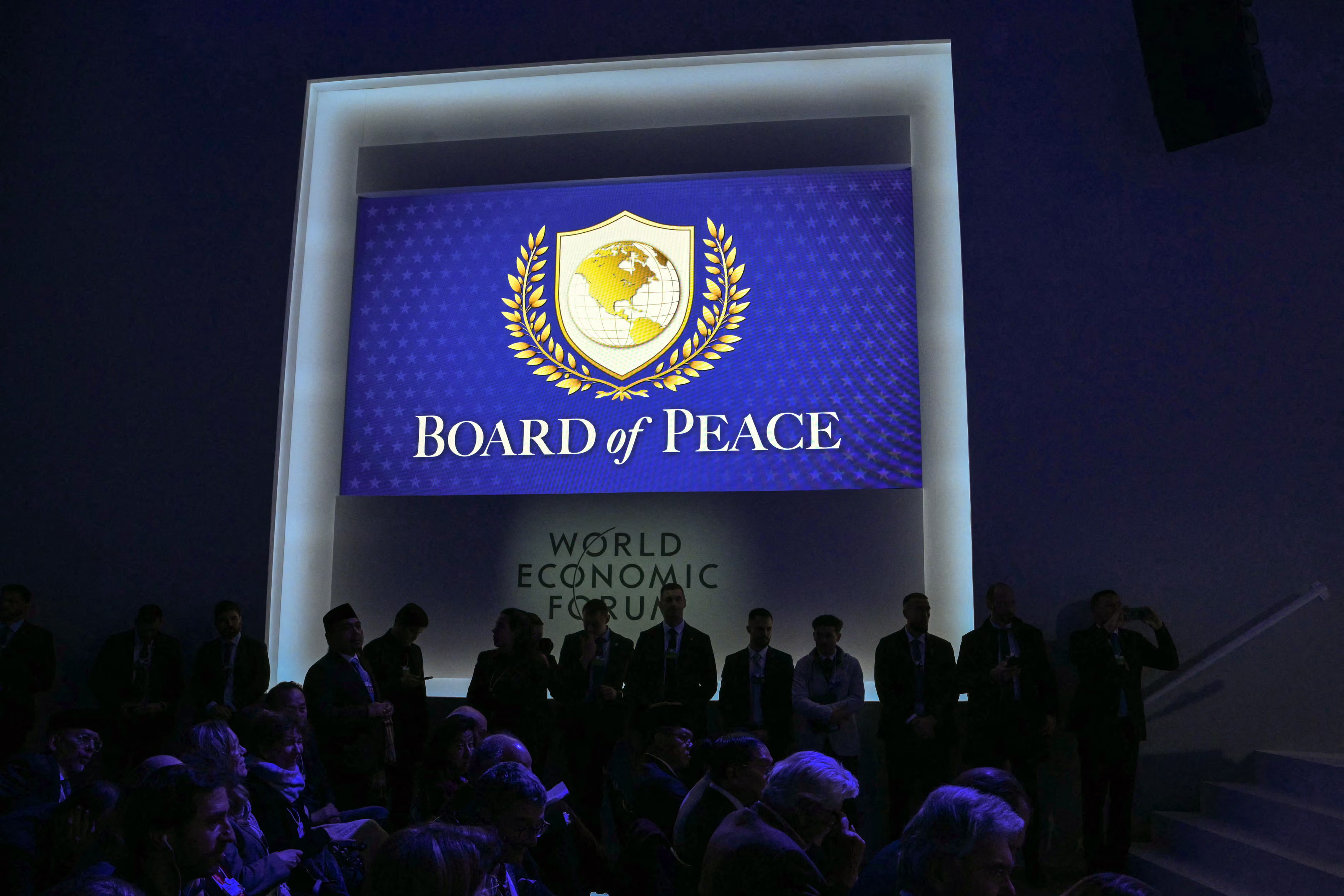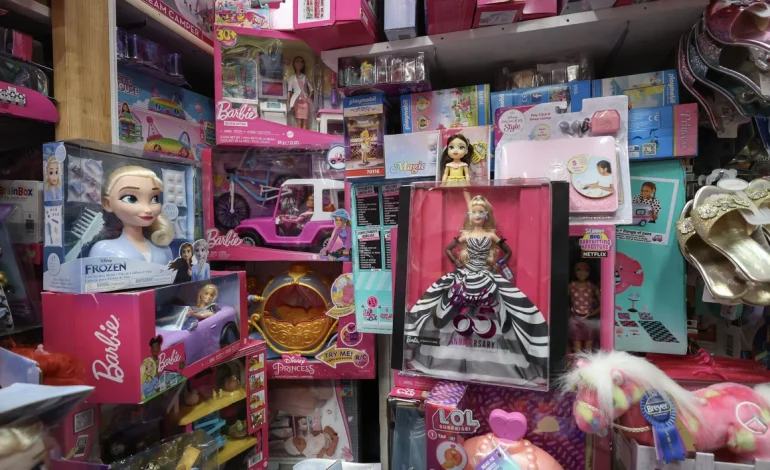President Donald Trump has recently floated the idea of imposing tariffs on two major American companies—Apple and Mattel—over decisions made by their CEOs that appear to conflict with his trade and manufacturing agenda, CNN reports.
The remarks have sparked legal and economic debates, though no formal tariff actions have been initiated.
Trump’s statements targeted Apple after CEO Tim Cook disclosed plans to shift iPhone production for the US market from China to India. In a post on Truth Social, Trump asserted that iPhones sold in the United States should be made domestically and suggested a 25% tariff could be applied to imported smartphones if Apple proceeded with overseas production. He later clarified that any such tariff would apply industry-wide, including to competitors like Samsung, to avoid accusations of unfair targeting.
Currently, smartphones are largely exempt from Trump-era tariffs on Chinese imports. However, analysts say a Section 232 investigation—typically used to justify trade restrictions for national security reasons—could provide a potential route for imposing broader tariffs on tech products containing computer chips, including smartphones.
While legal and logistical hurdles exist, trade experts believe Trump’s real objective may not be to impose immediate tariffs. Instead, the former president may be using the threat as leverage to push for domestic manufacturing commitments or to influence corporate messaging around tariff-related price hikes. Clark Packard of the Cato Institute noted that imposing such tariffs could alienate voters if they result in noticeably higher consumer prices.
In a separate incident, Trump criticized toy maker Mattel after CEO Ynon Kreiz suggested that tariff-related costs might force the company to raise toy prices and that shifting production to the US would be more expensive than paying the duties. In response, Trump threatened a 100% tariff on all imported Mattel toys, stating such a move would block their sales in the US—Mattel’s largest market.
While Trump did not specify whether this would apply broadly to all toy imports or only to Mattel products, trade attorneys say imposing a company-specific tariff would likely face significant legal challenges. A recent decision by the US Court of International Trade cast doubt on a president’s authority to impose tariffs without congressional approval—though that ruling was temporarily stayed by a Court of Appeals decision the following day.
Trade law expert Lizbeth Levinson emphasized that tariffs generally must apply to entire product classes, not individual companies.
“He doesn’t have the constitutional power to name names,” Levinson said, adding that Trump’s approach tends to involve making bold statements before considering legal constraints.
So far, neither Apple nor Mattel has responded publicly to Trump’s remarks, and there are no signs that actual tariffs are being prepared. Analysts suggest the threats are primarily political in nature—designed to exert pressure and extract public concessions rather than to enforce sweeping trade penalties.










The latest news in your social feeds
Subscribe to our social media platforms to stay tuned